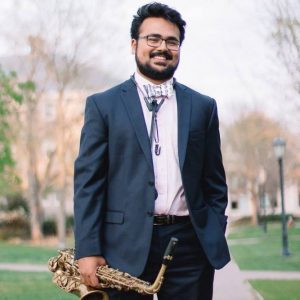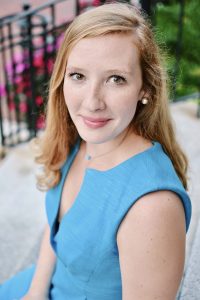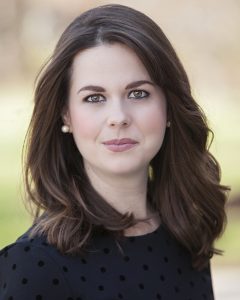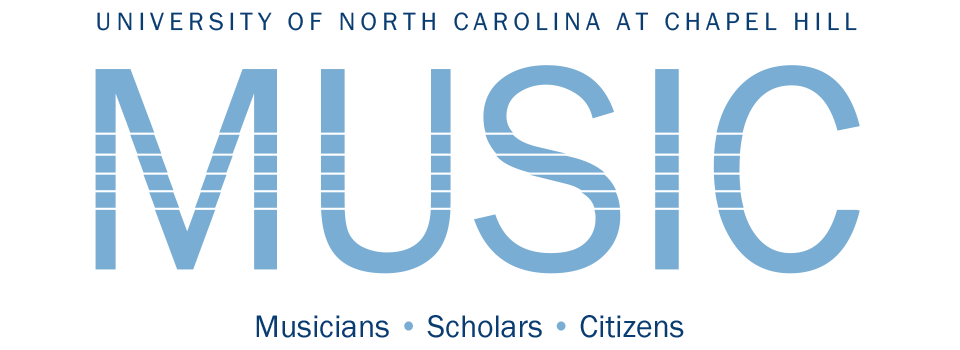by Parth Upadhyaya
One hundred seventy-five undergraduate students. Twenty-nine graduate students. All pursuing degrees within the UNC Department of Music.
Though all of these Tar Heels frequent the halls of Kenan Music Building, Hill Hall and Person Hall, many lugging around instrument cases, their lives after UNC are often far from the same.

Arvind Subramaniam is a music and exercise and sport science double major, Susannah Stewart is a music and political science double major, and Jennifer Walker is a Ph.D. musicology student.
This month, all three will graduate from UNC, leaving Chapel Hill with after-graduation pursuits reflective of the diversity of interests which students in the music department have.
Both Subramaniam and Stewart say they chose to attend UNC over a traditional conservatory because of the flexibility the school offered to pursue their other passions. Walker says she was drawn to UNC because of the music department’s world-renowned faculty.
Subramaniam first picked up a saxophone as a seventh-grader, when his family moved from Gainesville, Fla. to Chicago. He joined the band in an attempt to make friends at his new middle school and randomly chose saxophone as the instrument he’d play.
The pastime turned into something much more serious, evident by his involvement with the UNC Department of Music throughout his four years in Chapel Hill. Subramaniam is a part of the UNC Wind Ensemble, the UNC Jazz Band and a saxophone quartet. The alto saxophonist was also this year’s UNC Wind Ensemble Concerto Competition Winner, which allowed him the opportunity to perform a solo piece with the group in a concert last month.
But, on a pre-medical course track, Subramaniam aspires to be a bariatric or maxillofacial surgeon. He plans to continue to work as a clinical research assistant at Duke Children’s Hospital, where he’s involved in a study on remote pain in patients with cancer psychiatric disorders and other ailments, for a few years before applying to medical schools.
“We’re short on physicians in the country,” Subramaniam said. “There’s a lot of people who really, really need help, but they just don’t have any providers. So, I decided that I really wanted to go into medicine, because of the same reason I love music. Because of the joy you can bring to people’s lives and the help that you can give people.”
While being a double major led Subramaniam to choose to follow a career path in medicine over music, for Stewart, her second major helped confirm her desire to be a professional musician.

Stewart — whose mother, Dr. Terry Rhodes, joined the UNC Department of Music faculty in 1987 and currently serves as the Dean of the College of Arts and Sciences — is in UNC Opera and Carolina Choir. After graduation, she will work towards a master’s degree in opera and vocal performance at the Eastman School of Music with the aspiration of one day having a career in opera.
The Kenan Music Scholar says her studies of music and political science have gone hand-in-hand to enhance her worldly knowledge.
“Just in understanding the way the world works, poli sci has been really helpful,” Stewart said. “Understanding — or trying to understand — everything that’s been going on in the past few years with literally everything, music and political science have sort of informed that, so it’s a really interesting combo.”
Similar to Subramaniam and Stewart, Walker also spent time exploring a non-music field. Though she was born into a musical family and began taking piano lessons from her great aunt at 4 years old, for much of her high school career, Walker had the goal of being a pre-medicine major in college.
As a high school sophomore, the Johnson City, Tenn. native started taking piano lessons with a professor at nearby East Tennessee State University. That’s when she says “everything just serendipitously fell into place.”
Walker received a full scholarship to major in piano performance at East Tennessee State and graduated with her Bachelor of Music in 2007. But she was never truly happy as a performance major and suffered a hand injury as an undergraduate, which prompted her to study musicology as a graduate student.
So, after earning her Master of Arts in Historical Musicology and Theory from Stony Brook University in 2009, Walker returned to ETSU to teach choral literature. She’s also taught multiple community college music courses.

Walker will complete her Ph.D. and her dissertation entitled, “Sounding the Ralliement: Republican Reconfigurations of Catholicism in the Music of Third-Republic Paris, 1880-1905,” this month. In the fall, she’ll begin teaching music at North Carolina Central University, starting with introduction to music and music history courses.
“I’ve always been interested in teaching at the university level,” Walker said. “When I was an undergraduate, I was often asked to fill in for professors who had to miss class for whatever reason. I always enjoyed doing that — though it was strange to be teaching my friends. For me, teaching is an opportunity to share what I love with other people.”
While Subramaniam, Stewart and Walker are all happy they found their respective callings, the road to doing so wasn’t always smooth. Subramaniam often hustled from research labs to band rehearsals, from chemistry to music history courses. Stewart spent a few summers taking courses to complete requirements for both majors in four years.
“I’m not gonna lie to you — it’s not (always) been a fun ride,” Subramaniam said. “There are times when I’m beyond tired. There’s times when I really need to study for a test on Monday, but I’ve got a concert on Friday and Saturday.”
At one point in his undergraduate career, he had to ask himself: “Do you love these things enough that you’re willing to do both this much?”
But, just as with Stewart and Walker, Subramaniam wouldn’t have had it any other way.
“I need them both to be a successful human being and go into my future,” Subramaniam said. “With music, there’s just so much that I’ve learned in the background that when I go into a medical office, it’s like, ‘Hey, what if we thought about this in just a different way?’ And I attribute that completely to studying music.”
All three are grateful for the lessons they’ve learned through their various academic pursuits, especially the ones they’ve learned within the three buildings that house the UNC Department of Music.
“Music has just been my life, and I think it always will be, no matter what I end up doing with my future,” Stewart said.

